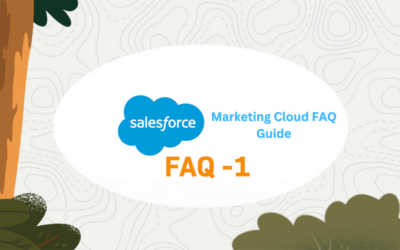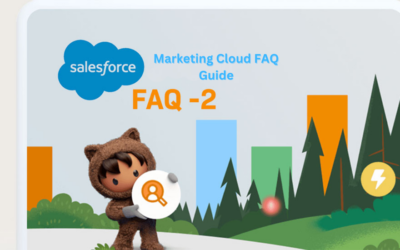Implementing a customer relationship management (CRM) solution is a strategic decision for businesses aiming to enhance customer experiences, streamline operations, and drive growth. However, the road to successful CRM implementation is not without its challenges. In this article, we will explore some of the key challenges that organizations face when implementing CRM solutions and provide actionable strategies to overcome them. By addressing these challenges proactively, businesses can maximize the benefits of CRM and ensure a smooth transition to a customer-centric approach.
1. Lack of Executive Support and Alignment
One of the primary challenges in CRM implementation is the lack of executive support and alignment across the organization. Without buy-in from top-level management, it becomes difficult to allocate resources, secure necessary budgets, and drive organizational change. To overcome this challenge, it is essential to communicate the benefits of CRM to executives, align CRM goals with the overall business strategy, and involve key stakeholders from the early stages of implementation. By fostering a culture of collaboration and obtaining executive support, organizations can create a strong foundation for successful CRM adoption.
2. Inadequate Data Quality and Integration
Data quality and integration issues can hinder CRM implementation and undermine its effectiveness. Poor data quality, such as duplicate or outdated records, can lead to inaccurate insights and decision-making. Integration challenges arise when CRM systems are not seamlessly connected with other business systems, resulting in fragmented data and limited visibility. To address these challenges, organizations should invest in data cleansing and migration processes, establish data governance practices, and ensure smooth integration between CRM and other systems. Regular data maintenance and monitoring are crucial for sustaining data quality over time.
3. User Adoption and Training
Low user adoption rates and inadequate training pose significant challenges in CRM implementation. If end-users do not embrace the CRM system, it can result in underutilization and limited ROI. To promote user adoption, organizations should invest in comprehensive training programs that educate users about the system’s capabilities, benefits, and best practices. User-friendly interfaces and intuitive workflows can also enhance user experience and encourage adoption. Additionally, involving end-users in the CRM selection process and gathering their feedback can foster a sense of ownership and increase acceptance of the new system.
4. Resistance to Change and Cultural Shift
Implementing a CRM solution often requires a cultural shift within the organization. Resistance to change and reluctance to adapt to new processes and workflows can hinder CRM implementation efforts. To address this challenge, organizations should foster a culture of openness, transparency, and continuous learning. Communicating the vision and benefits of CRM, providing ongoing support, and highlighting success stories can help overcome resistance to change. It is crucial to engage employees at all levels, address their concerns, and emphasize the positive impact CRM can have on their roles and the organization.
5. Scalability and Customization
CRM solutions need to be scalable and adaptable to meet evolving business needs. Organizations often face challenges when scaling CRM systems to accommodate growth or customizing the system to align with specific business requirements. To overcome these challenges, it is important to select a CRM solution that offers scalability and flexibility. The ability to customize the CRM system, either through configuration or development, can ensure it aligns with unique business processes and workflows. Regular evaluation of CRM performance and ongoing system optimization are also necessary to maintain scalability over time.
6. Measuring Success and Return on Investment (ROI)
Measuring the success and ROI of CRM implementation can be challenging, especially when organizations lack clear metrics and performance indicators. To address this challenge, organizations should establish key performance indicators (KPIs) that align with their CRM goals and regularly track and analyze relevant metrics. These metrics may include customer satisfaction, lead conversion rates, customer retention, or revenue growth. By defining measurable objectives and continuously monitoring performance, organizations can assess the effectiveness of their CRM implementation and make data-driven decisions for further improvements.
Implementing a CRM solution comes with its fair share of challenges, but with proper planning, strategy, and execution, these challenges can be overcome. By addressing the key challenges of executive support, data quality, user adoption, resistance to change, scalability, and measuring success, organizations can pave the way for successful CRM implementation. CRM is not just a technology solution—it is a business transformation initiative that requires collaboration, cultural change, and ongoing support. By investing in the right strategies and leveraging CRM as a catalyst for customer-centricity, organizations can unlock the full potential of CRM and drive sustainable business growth in the digital age.





